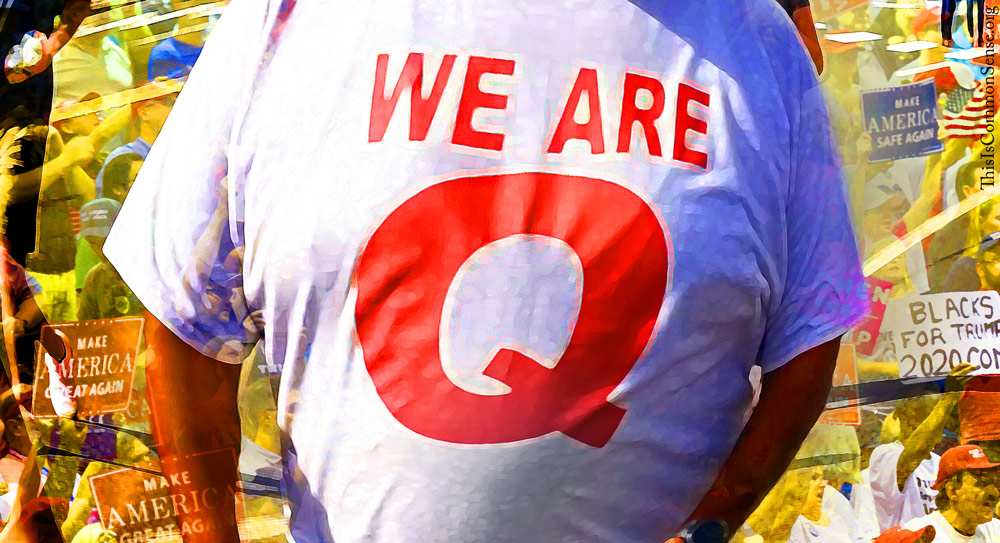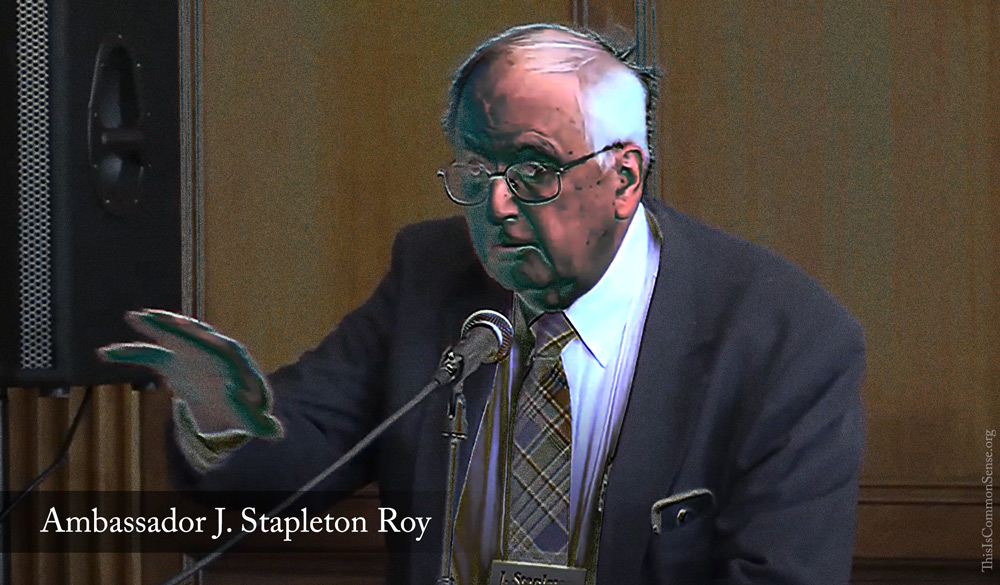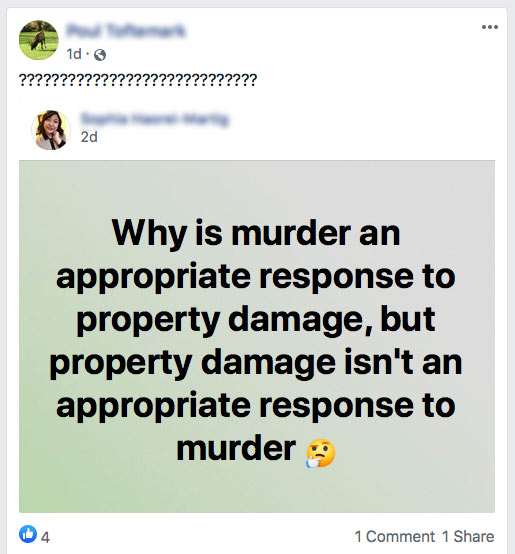Politics and culture move according to rhythms not easy to comprehend, but political and cultural insanity seems to rush up and pull back according to time and tide.
The latest wave includes the growth of “diversity” or “anti-racism” training at workplaces and on campuses. One of its pernicious purposes seems to be to make people feel guilty if they have too-white skin color.
Race-based indictments are the opposite of judging people for content of character rather than color of skin.
According to the ideologies informing the indoctrination, failure to racially discriminate (in the “right” way) proves racial discrimination. Indifference to questions of race proves “racism.” One feature of the current dispiriting environment is ritual self-denunciation for imaginary crimes, like that of penning a bland encomium to the value of college football.
Until recently, universities that imposed “anti-racist” indoctrination could rely on uninterrupted federal funding. But now the Trump administration has started to ban the imposition of critical race theory in federally funded programs.
Trump’s executive order states that critical race theory is “rooted in the pernicious and false belief that America is an irredeemably racist and sexist country; that some people, simply on account of their race or sex, are oppressors; and that racial and sexual identities are more important than our common status as human beings and Americans.”
The University of Iowa and John A. Logan College have announced, with emphatic reluctance, that they’ll discontinue the indoctrination for now — lest they lose funding.
But they are ready to reverse their reversals at a moment’s notice.
This is Common Sense. I’m Paul Jacob.
—
See all recent commentary
(simplified and organized)






